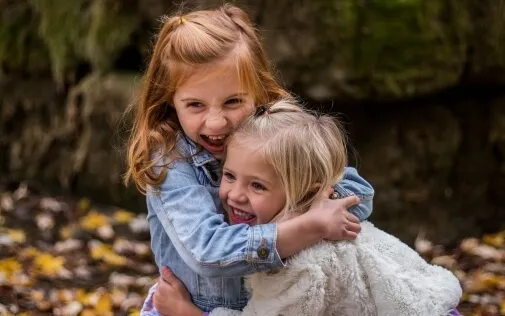
"We have to have the ability to overcome the taboos that have long led us to believe that feeling bad was bad and should be hidden."
Loving ourselves and feeling harmony in our life should be our main challenge on a daily basis, and for that we need to spend time and understand that it is a constant learning task. Our inner world is the basis of who we are, how we feel and how we fare in life. Although it seems like a no-brainer, however, we have been aware of the importance of attending to this inner world for a relatively short time and the need to put life, well-being and peace at the center still needs to be universalized. Mental health is also a social justice issue.
In particular, from the socio-educational field we have our responsibility to which we must commit ourselves from now on to prioritize emotional education and acquire the necessary skills to know how to face with the greatest possible well-being the great challenges that present us life.
We must provide spaces where children and young people feel comfortable and safe to express their emotions. Environments to work on socio-emotional skills such as empathy, self-esteem, self-control or assertive communication, essential values to enjoy a fuller life. We must have the ability to overcome the taboos that have long led us to believe that feeling bad was bad and should be hidden.
In this sense, in the DNA of leisure education we find many strategies and resources that both neuroscience and the WHO have shown to be particularly useful for people's health and mental well-being. We mean doing activities in nature and outdoors, sports and artistic activities and, especially, the pleasure of playing. In addition, in this area, the individual and the group are very important, an aspect that favors the feeling of belonging and the bonds, so necessary for balance and stability.
We should start with ourselves, families and education professionals to listen to each other and observe how we feel. Only then can we work on the emotional well-being of children and young people. But, in addition, we must encourage the care of other people and the planet, because together we must create a more humane world. We need to be able to appreciate everything that we have within ourselves and around us and, at the same time, we need to understand that we need each other.
Fundesplai, from the action with children and young people through educational leisure, is aware of this need and feels the challenge to join the challenge with the program "Estima, an educational proposal to celebrate life" . During the next two years, the playgrounds, schools and other educational spaces where the organization intervenes will develop a wide range of activities with children and young people, families and teams to take care of their emotional well-being and develop the ability to take care of other people.



Add new comment